Flaxseeds Benefits for Hair | How to Use Flaxseeds for Hair Growth?
Evidence Based
All the information in this blog post is accurate, trustworthy, scientifically based and has been written and fact-checked by our experts and doctors.
Our licensed nutritionists and dietitians are committed to being objective, unbiased and honest, presenting all sides of the argument.
This article includes scientific references in brackets, which are clickable links to research papers from reputable academic organizations.

Flaxseed is a plant-based food that is rich in healthy fats, antioxidants, and fiber. It is considered a "functional food" due to its ability to improve overall health. Flaxseed can be consumed in various forms, including seeds, oil, powder, tablets, and capsules. It has been known to treat conditions such as constipation, diabetes, and high blood pressure. Additionally, the presence of antioxidants can promote hair growth, reduce hair fall, and dandruff, also benefit hair health.
In this article, we will explore the incredible benefits of flaxseed for hair growth and discuss how to incorporate this versatile ingredient into your hair care routine
Let’s see the benefits of Flax seeds.
Benefits of Flax Seeds for Hair Growth:
Flaxseeds are rich in Vitamin B, omega-3 fatty acids, and Vitamin E. Regular use of flax seeds helps nourish your strands and make your hair smooth. Here, are some of the benefits of flax seeds for hair growth. Let’s see.
1. Fights Scalp Inflammation:
Flax seeds possess anti-inflammatory properties, which can help reduce scalp inflammation. Inflammation is often linked to hair loss and thinning, so keeping your scalp calm and healthy is crucial for maintaining hair growth.
[ Also Read: Top 10 Vitamins for Hair Growth and Thickness ]
2. Moisturizes Dry Hair:
Due to its moisturizing qualities, flaxseed oil is a fantastic option for nourishing dry and damaged hair. It can restore moisture balance, leaving your hair softer and more manageable.
3. Improves Hair Elasticity:
The omega-3 fatty acids and protein included in flax seeds help improve the elasticity of your hair. Your hair becomes stronger and less likely to break as a result.
4. Natural Hair Conditioner:
As a natural conditioner, flaxseed oil can assist in detangling your hair and lowering the likelihood of knots and tangles. It leaves your hair feeling smoother and easier to style.
[ Read: Top 6 DHT Blocking Oils and Supplements for Hair Loss ]
5. Protects Your Hair from UV Damage:
The antioxidants in flax seeds may provide some protection against UV damage, helping to shield your hair from the harmful effects of the sun.
How to Use Flax Seeds For Hair Growth?
Flax seeds can be used for hair growth in various ways. Here's a simple way to include flax seeds into your hair care routine:
1. Flaxseed in Your Diet:
- Add ground flax seeds to your daily diet. You can sprinkle them on salads, yogurt, smoothies, or oatmeal.
- The omega-3 fatty acids and nutrients in flax seeds will nourish your hair from the inside, promoting healthy growth.
2. Flaxseed Oil Massage:
- Warm flaxseed oil slightly (do not overheat) and apply it to your scalp.
- Gentle massage your scalp using your fingertips for about 10-15 min to improve blood circulation.
- Allow oil to sit on your scalp for at least 1 hour or overnight.
- As usual, shampoo and condition your hair.
- Repeat this 2-3 times a week, for better results.
3. Flaxseed Infused Oil:
- Add a few tablespoons of flax seeds to your regular hair oil (e.g., coconut oil or olive oil).
- Allow the mixture to sit for a few days, allowing the flax seeds to infuse into the oil.
- Strain the oil and use it for regular scalp massages.
OR
- Add a tablespoon of flaxseed oil, into your regular oil. Warm the oil and gently massage the scalp using your fingertips for about 10-15 min to improve blood circulation. Use it regularly for better results.
4. Flaxseed Hair Gel:
- Boil 1/4 cup flax seeds in 2 cups water until they create a gel-like consistency.
- Allow the mixture to cool and strain it to remove the seeds.
- Apply the gel to your hair, focusing on the roots and tips.
- Wash off the mask with a mild shampoo after leaving it on for 30-45 minutes.
- Use this gel as a hair mask once a week for improved hair health and growth.
5. Flaxseed Hair Mask:
- Mix 2 tablespoons of ground flax seeds with enough water to form a paste.
- Apply this paste to your hair, paying special attention to the scalp and roots.
- Leave it on for about 30 minutes and then rinse it out thoroughly with water.
- Follow up with your regular shampoo and conditioner.
6. Flaxseed Water Rinse:
- Boil flax seeds in water and let the mixture cool.
- Use the flaxseed-infused water as a final rinse after shampooing your hair. It can help add shine and improve hair texture.
When it comes to maintaining and enhancing the health of our hair, we're always on the lookout for the best products that can deliver remarkable results. ForMen Hair Growth Shampoo is a product that's been creating a buzz in the hair care world. Packed with natural ingredients and formulated to provide a wide range of benefits, this shampoo has become a go-to choice for those who desire stronger, thicker, and healthier hair.
Flaxseed is great for healthier, more vibrant hair. It contains essential nutrients and natural goodness that can stimulate growth and elevate overall hair well-being. Try incorporating it into your diet, indulging in flaxseed oil massages, or using nourishing hair masks to unlock the full potential of your locks. Enjoy accessible benefits that can transform your hair into lush, resilient locks.
FAQs:
Q) Does Flaxseed Help in Hair Regrowth?
A) Yes, flaxseed can help to strengthen hair and stop hair loss. Additionally, it promotes hair growth.
Q) Do I Need to Regularly Apply Flaxseed Oil to My Hair?
A) Applying flaxseed oil to your hair 2-3 times a week is recommended. Allow it to sit for at least 1-2 hours or overnight for optimal results. Daily use is not necessary.
Q) Can I Leave Flaxseed Gel on My Hair Overnight?
A) Yes, you can keep flaxseed gel on your hair overnight because it has no potential negative side effects. However, you must wash it off right away if you notice any irritation.
Q) Can Flaxseed Gel Thicken Hair?
A) Flaxseed gel encourages hair growth and strengthens hair strands. potentially enhancing the appearance of thicker hair.
Q) Does Flaxseed Make Your Hair Curly?
A) No, flaxseed doesn't make your curly hair. However, it can make curly hair frizz-free and add definition and bounce.
Also Read the Articles:
- Top 15 Benefits of Almond Oil for Hair Growth
- Does Onion Juice Really Help Hair Growth?
- Top 10 Best Hair Growth Shampoos for Men
| *** This Article is Written by Swetha Ramala. |
Disclaimer: The information provided on this page is not a substitute for professional medical advice, diagnosis, or treatment. If you have any questions or concerns about your health, please talk to a healthcare professional.

 Evidence Based
Evidence Based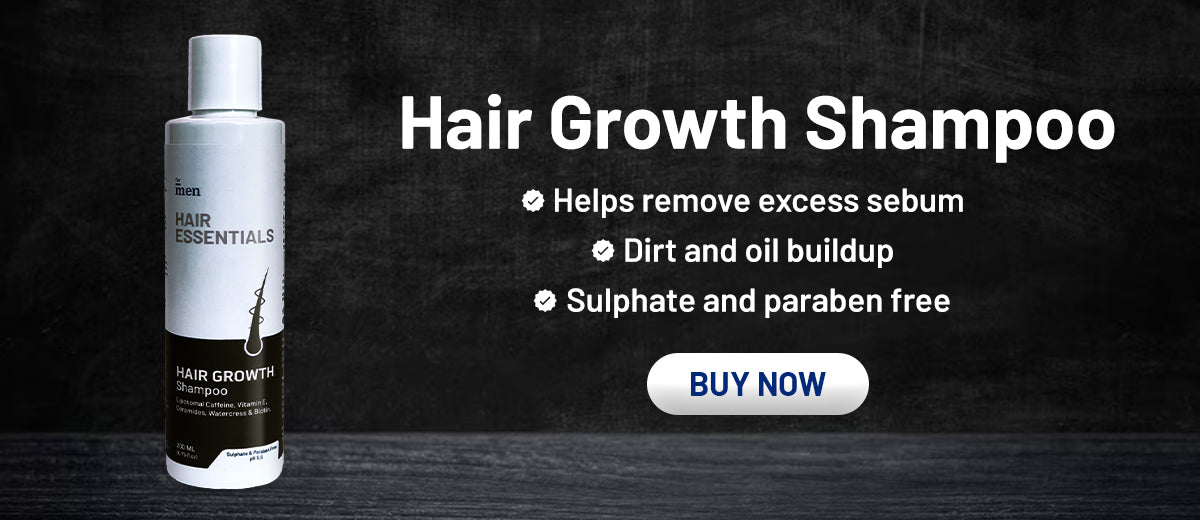
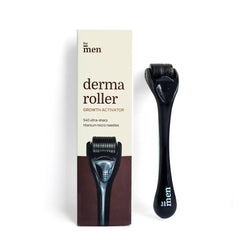
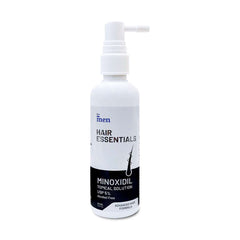
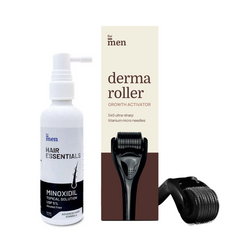
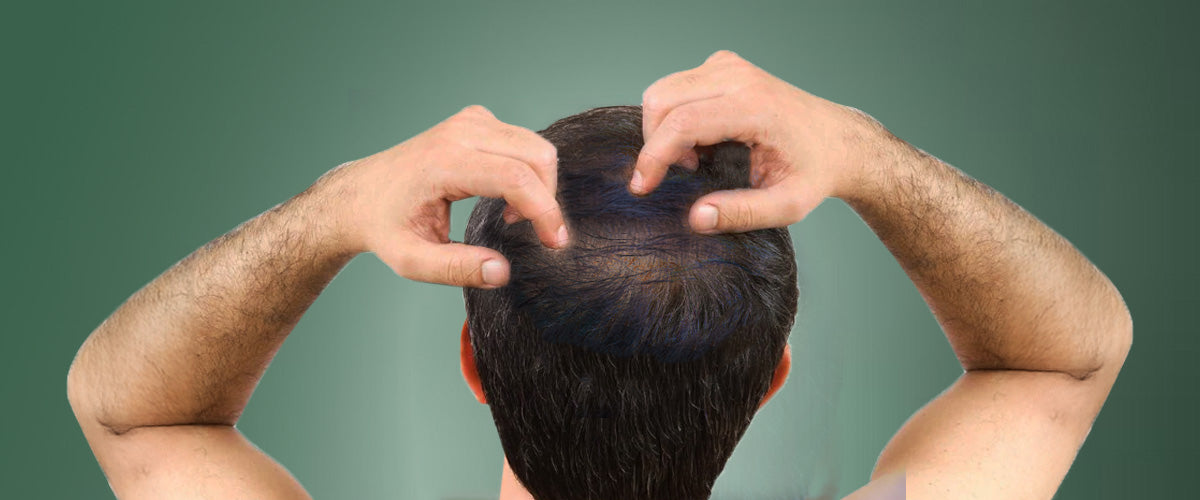

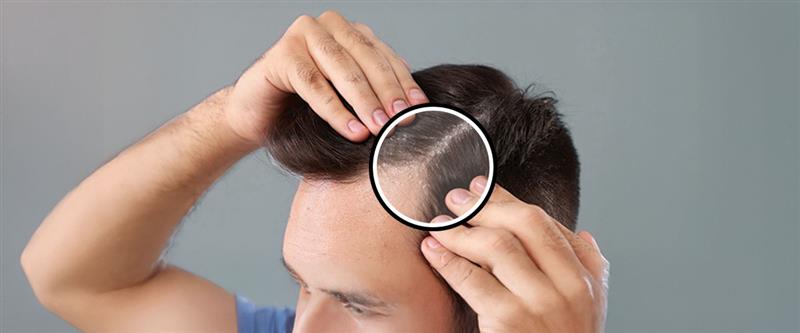
Leave a comment